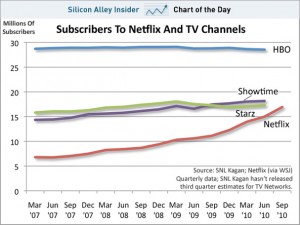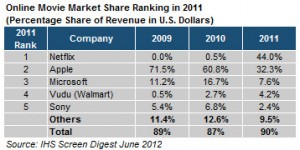http://www.bbc.com/capital/story/20140613-the-stunning-value-of-dusty-dolls
This article talked about how old dolls become something more favorable than before. Doll collectors whose primary intention is not to resell old dolls contribute the most. In the eyes of the majority population, old and sometimes even dusty dolls do not sound appealing, but they do enjoy a growing share of the doll market.

I take its unique value proposition as the biggest strength. There are values inside of the dolls, values that are appreciated by some people. This can be extended into other companies as well: It is nearly impossible to please almost everyone and talk them into buying the products, and therefore clarifying the value proposition of a firm is one of the most essential steps for a company to succeed. In this case, the value proposition of old dolls is the internal beauty and the inherent value that differentiate those dolls from other toys.
In addition, a clear positioning of a company usually comes with a specific group of target customers, i.e. the customer segment, which, along with the value proposition is vital for a firm to get into the business game and root the brand name into the head of customers.


